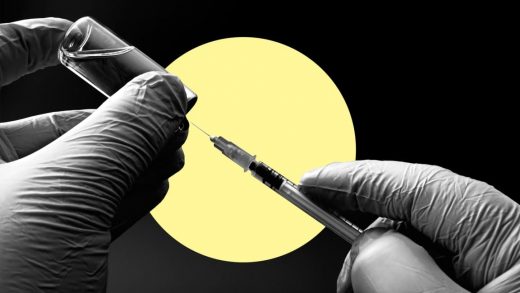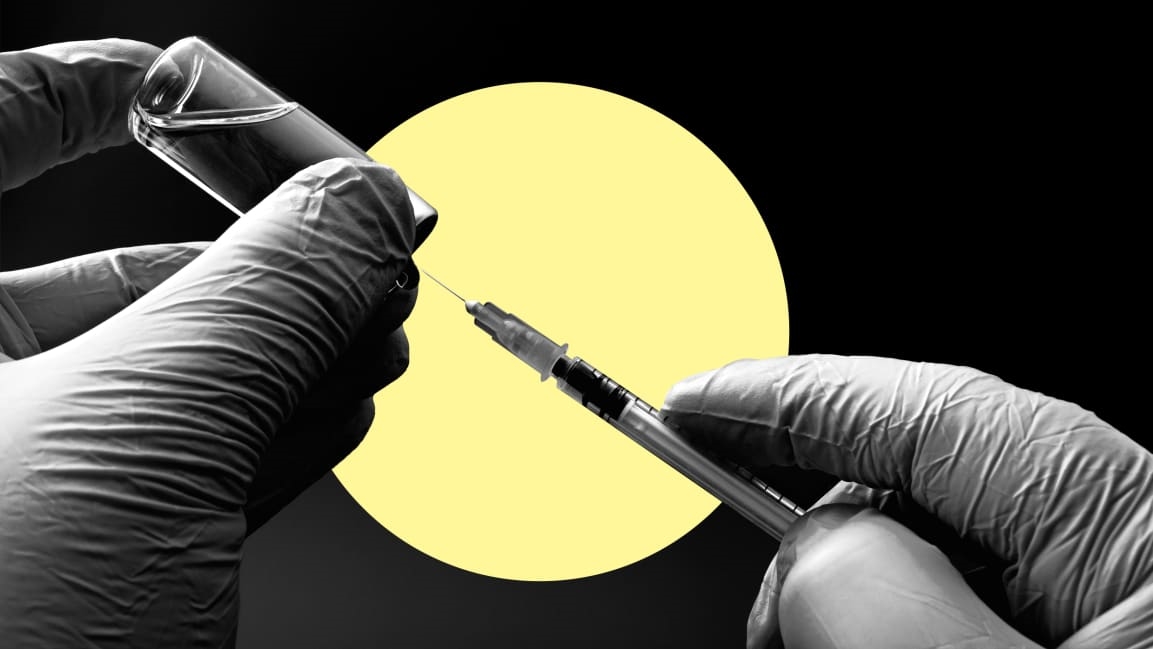FDA advisory council signals support for Pfizer’s COVID-19 vaccine
The vote was 17-4 with one abstention. There have been more than 15 million COVID-19 cases in the U.S. and more than 290,000 deaths since the beginning of the pandemic.
Up for debate was whether there was enough data to ensure Pfizer’s vaccine would be safe and effective for certain groups. The FDA received Pfizer’s analysis on the efficacy of its vaccine on November 14. Findings from the company’s Phase III trial were published on Thursday in The New England Journal of Medicine. The study concluded that the vaccine had a 95% protective effect against COVID-19 seven days after the second dose was administered. The majority of the Phase III participants had received a second dose by November 13.
Dr. Mark Mulligan, director of the vaccine center at New York University, which participated in Pfizer’s trials, says he hopes the FDA takes the advisory panel’s recommendation. However, he reminds Americans that even with emergency authorization, the vaccine will not come out overnight. “It’s not going to be like a light switch on and off,” he says. “It will be like a dimmer where we gradually turn up the dial.”
The vaccine meets much of the criteria for receiving the FDA’s emergency use authorization. The medical product is effective—more than 50% efficacy—against the disease. The committee agreed that the known and potential benefits of the product outweigh the known and potential risks. And there is no adequate approved and available alternative to the product for preventing or treating the disease.
The main questions the panelists had were around whether the FDA should limit the EUA to specific groups that the Centers for Disease Control and Prevention has already identified as a priority: healthcare workers and nursing home residents. There is concern about the lack of data for certain groups of people, like 16- and 17-year-olds, in whom there is a low incidence of disease. While there was also thin data for Native Americans, Black Americans, and Latino Americans, because of the high rate of disease among these populations experts felt they should be not be left out of the EUA.
Attorney Sheldon Toubman, who is the citizen representative on the committee, suggested that the FDA approve Pfizer’s vaccine under an EUA for the two groups of concern until it can be approved under a Biologics License.
“That will give us time to review [the data] more thoroughly,” Toubman said.
During the daylong discussion, another topic that arose was a suggestion that Pfizer and public health officials actively inform the public about its data given the rising hesitancy around vaccines. In the U.K., where the vaccine has already begun rolling out, two healthcare workers with severe allergies had adverse reactions to the vaccine.
The U.K has since issued an anaphylaxis warning on the vaccine. Overall, adverse reactions were low and mostly included soreness at the injection site, headache, and fatigue.xperts advocated for public health officials to be transparent with recipients about potential risks no matter how unlikely.
With this decision in hand, the FDA is expected to move quickly. A final decision is likely soon.
(27)



